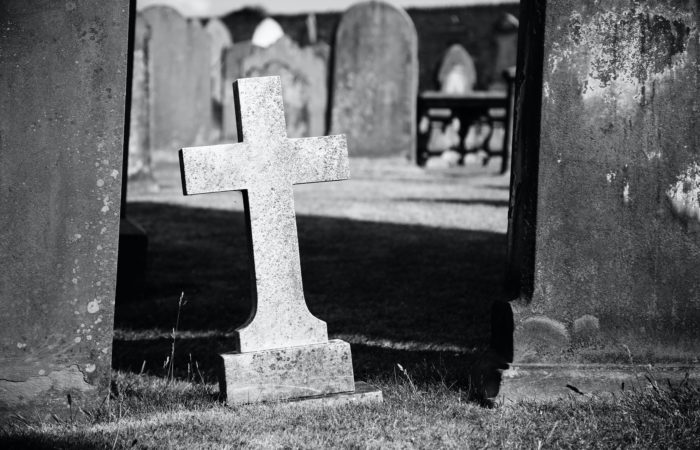
What If There Were No Resurrection?
Today is Holy Saturday. It is the day after Good Friday, when we remember the death of Christ on the cross, and the day before Easter, when we celebrate the resurrection. Holy Saturday is a day in-between.
Read Post
The Seventh Word:
Into Your Hands I Commend My Spirit
Today is Good Friday, a day when Christians around the world remember and reflect on the death of Christ on the cross. The name “Good Friday” is ironic, of course, because in a sense what happened on this day is arguably the worst thing that human beings ever did—torturing and killing the Son of God.
Read Post
The Sixth Word:
It is Finished
Because Jesus finished his work of salvation, you and I don’t need to add to it. In fact, we can’t. He accomplished what we never could, taking our sin upon himself and giving us his life in return. Jesus finished that for which he had been sent. We are the beneficiaries of his unique effort. Because of what he finished, you and I are never “finished,” to use this word in a different sense. We have hope for this life and for the next. We know that nothing can separate us from God’s love.
Read Post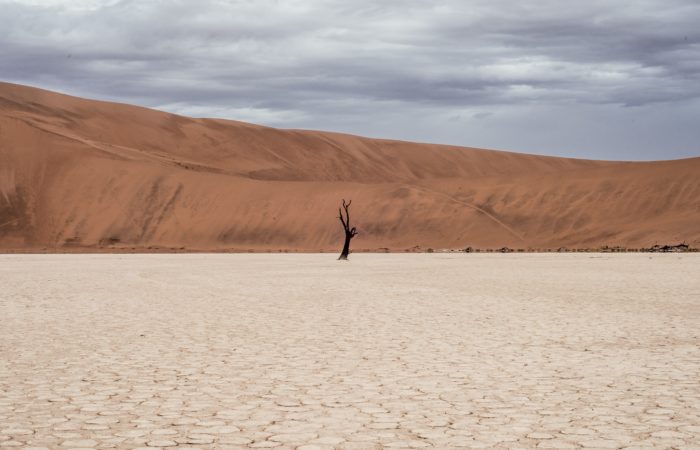
The Fifth Word:
I Am Thirsty
In the account of the crucifixion in the Gospel of John, Jesus said “I am thirsty” (John 19:28). No doubt he experienced extreme thirst while being crucified. He would have lost a substantial quantity of bodily fluid, both blood and sweat, through being crucified and through what he had endured prior to crucifixion. Thus his statement, “I am thirsty” was, on the most obvious level, a report of a physical feeling and a request for something to drink.
Read Post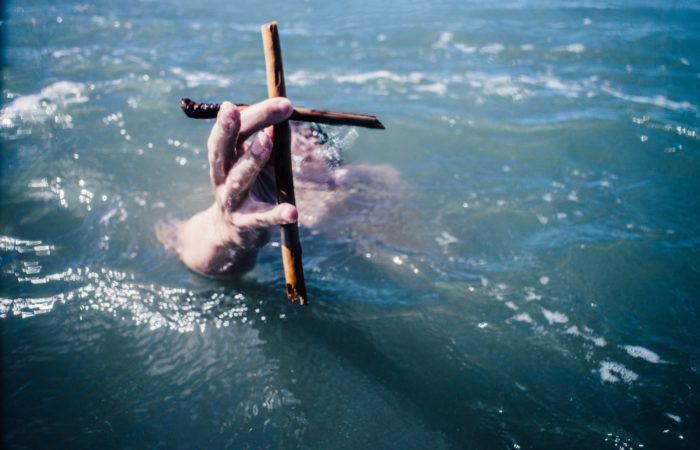
The Fourth Word:
My God, Why Have You Forsaken Me?
Yet, no matter how many brilliant theologians we read and how much we meditate upon the fourth word of Jesus, we will never fully grasp the truth, horror, and wonder of what Jesus experienced on the cross. As Martin Luther once said, “God forsaking God. Who can understand it?” Yet even our minuscule grasp of this reality calls us to confession, humility, awe, worship, and adoration.
Read Post
The Third Word:
Woman, Here is Your Son
When we think of the crucifixion of Jesus from the perspective of his mother, our horror increases dramatically. The death of a child is one of the most painful of all parental experiences.
Read Post
Working Together at Home, Part 2
We aren’t going anywhere today. Everything will happen at home. Worship, work, and play. If we want to make this day special, the onus is on us.
Read Post
Working Together at Home, Part 1
We were getting life done. And that was a much as I could expect, given the busy season of life. Then all of that came to a sudden halt. And we found ourselves at home. All of us; with a new urgency to figure out how to be less busy together.
Read Post
The Second Word:
Today You Will Be With Me in Paradise
As Jesus hung on the cross, he was mocked by the leaders of Jerusalem and the Roman soldiers. One of the two criminals being crucified with him added his own measure of scorn. But the other crucified criminal sensed that Jesus was being treated unjustly. After speaking up for Jesus, he cried out, “Jesus, remember me when you come into your kingdom” (Luke 23:42).
Read Post
The First Word:
Father, Forgive Them
It makes perfect sense that the first word of Jesus from the cross is a word of forgiveness. That’s one main reason for his death on the cross, after all. In the phrasing of Ephesians 1:7, “In him we have redemption through his blood, the forgiveness of our trespasses, according to the riches of his grace.” Jesus is dying so that we might be forgiven for our sins, so that we might be reconciled to God for eternity, and so that we might also be reconciled to each other (see Ephesians 2:11-22).
Read Post
I Thank God for All of You!
Today, April 1, 2020, is the fifth anniversary of the first edition of Life for Leaders, the daily digital devotional produced by Fuller’s Max De Pree Center for Leadership.
Read Post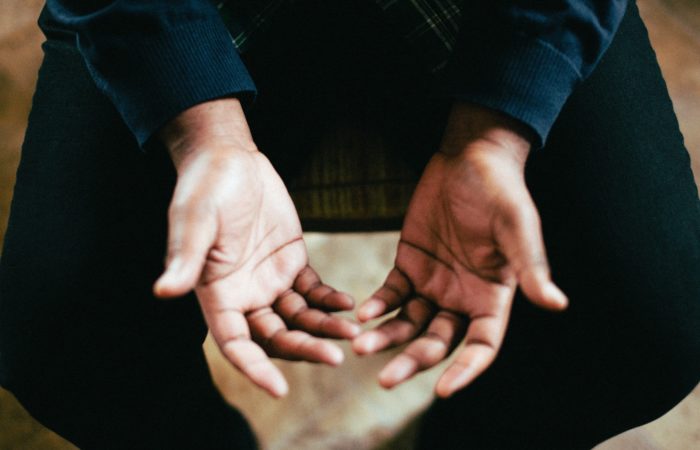
Leading in a Crisis: Let Go and Know God
Being still includes but isn’t only a matter of quietness. Yes, it’s slowing down our rushing minds. It’s calming our racing hearts. It’s listening rather than chattering. It’s praying rather than pontificating. But it is also entrusting to God that which is God’s and doing only that which God entrusts to us. Even then, “being still” is making ourselves available to the Spirit of God at work in and through us. It’s surrendering our will as we seek the will of God.
Read Post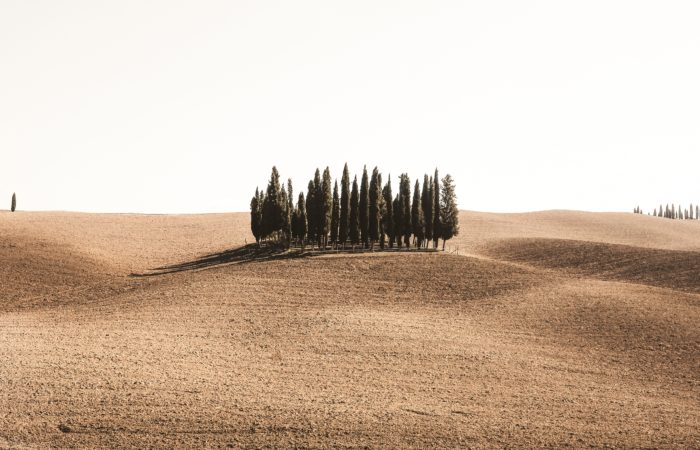
Leading in a Crisis: God’s Astounding Desolations
Thus, Psalm 46 reminds us that disease, including the COVID-19 pandemic, is not what God ultimately intends for our world. The future peace of God includes both health and flourishing. We who lead should at all times be strengthened and moved by a vision of God’s kingdom. During a crisis, we need this vision even more than usual because it’s so easy to become focused only on our challenges, disappointments, griefs, and fears. We can lose sight of what God is doing and will do in the world. Yet, when we keep this vision in mind and heart, when it animates our leadership, then we’ll be able to lead both wisely and resiliently.
Read Post
Prayers from the Epicenter
Even as we are asked to keep our distance from others, help us to find ways to reach out to those who need our support and to those whose support we need. We are grateful for the gift of technology that keeps us emotionally connected even as we remain physically separated.
Read Post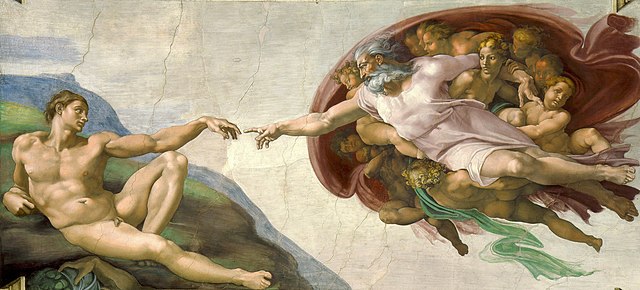
Reflections from the Epicenter
We pride ourselves on being resourceful, intelligent, and self-sufficient people. But if there’s one thing that’s become clear through this pandemic, it’s how vulnerable and dependent we are as human beings and as a human society. Despite our desire to be (or at least appear to be) invulnerable and independent, we are clearly otherwise.
Read Post